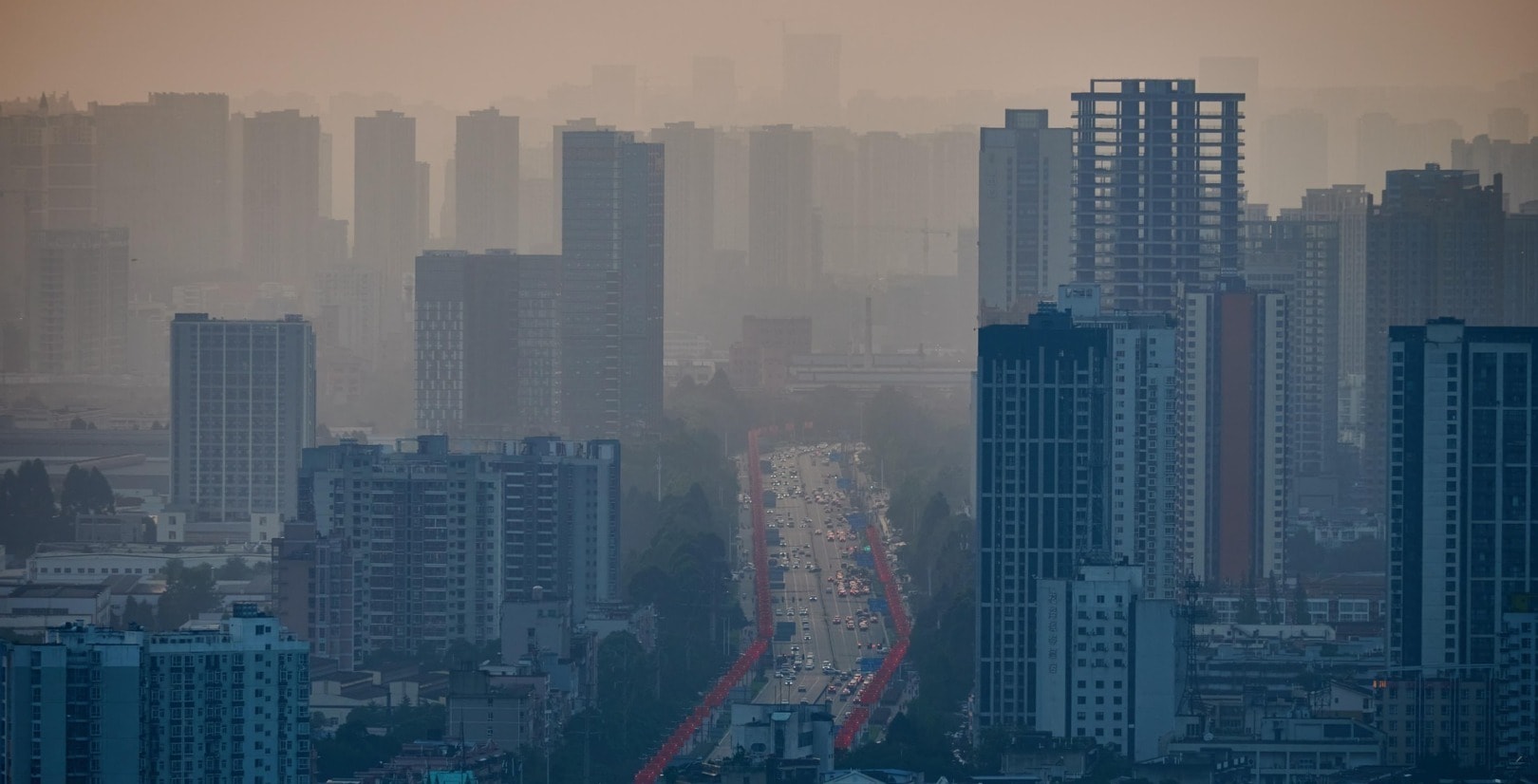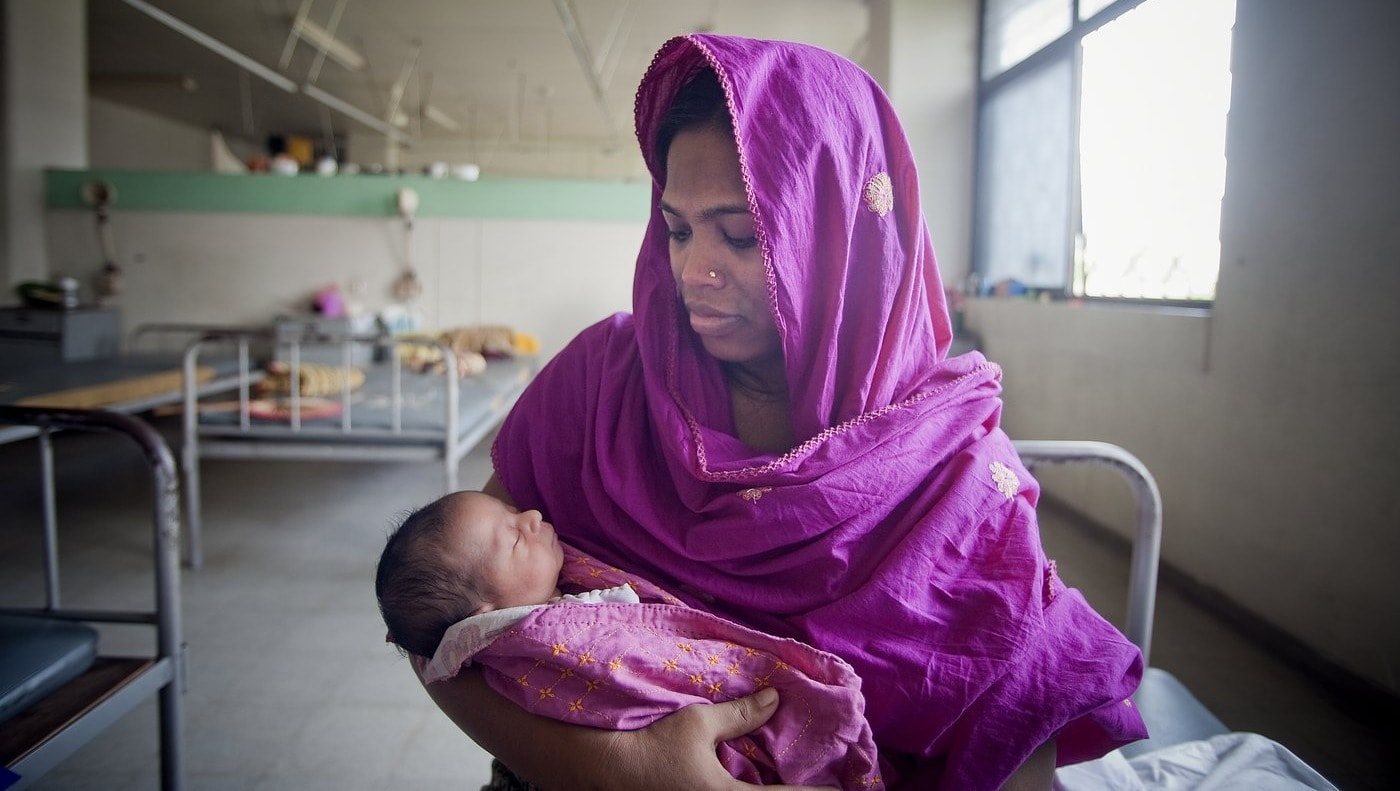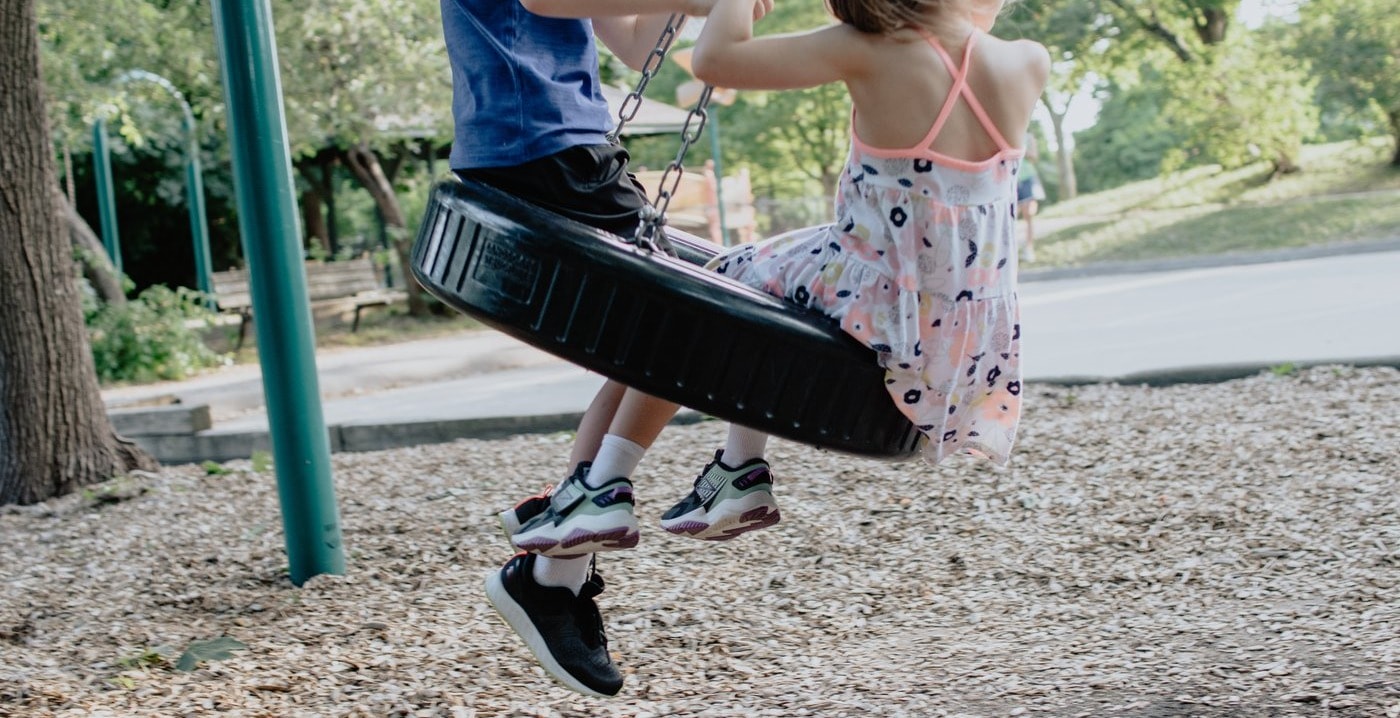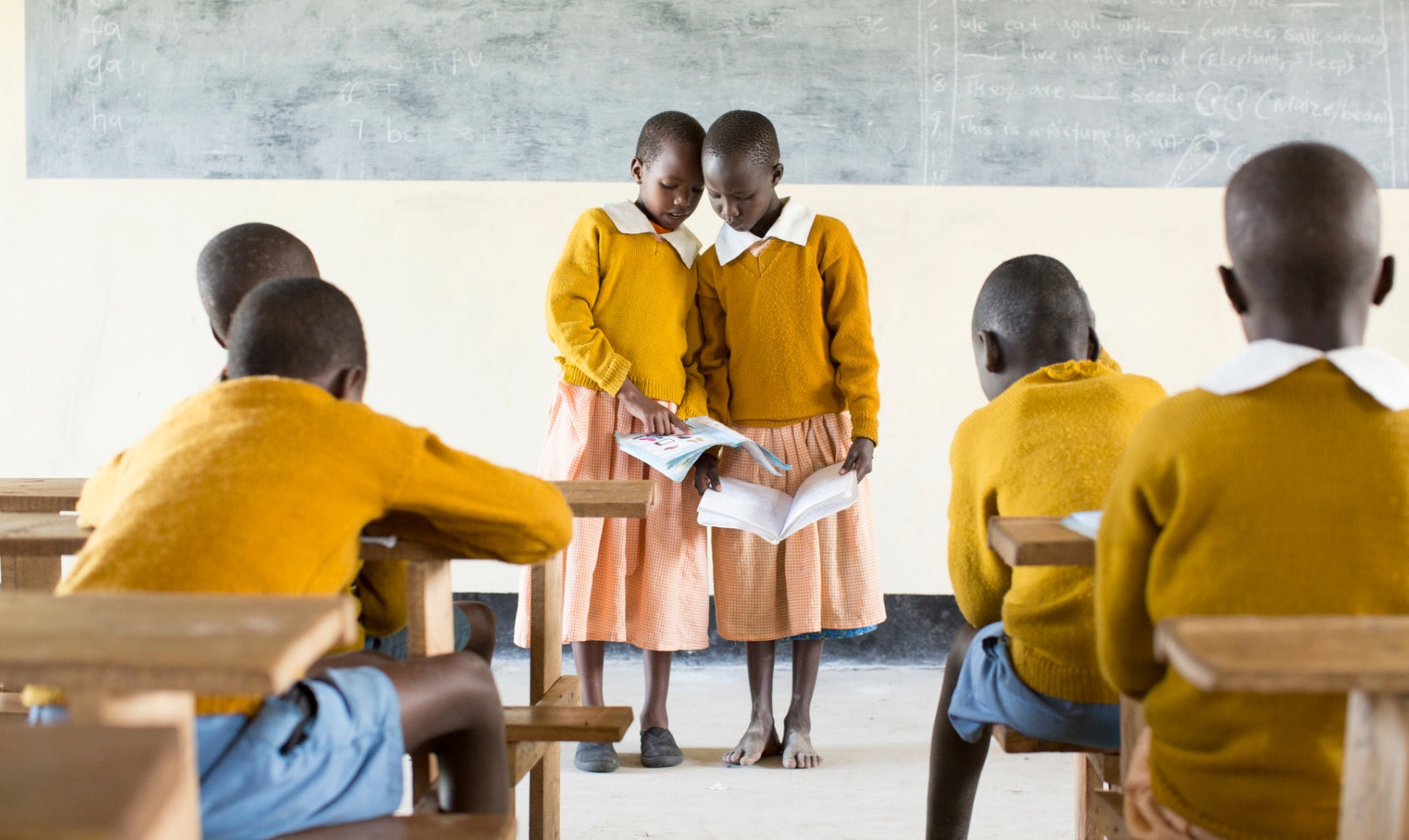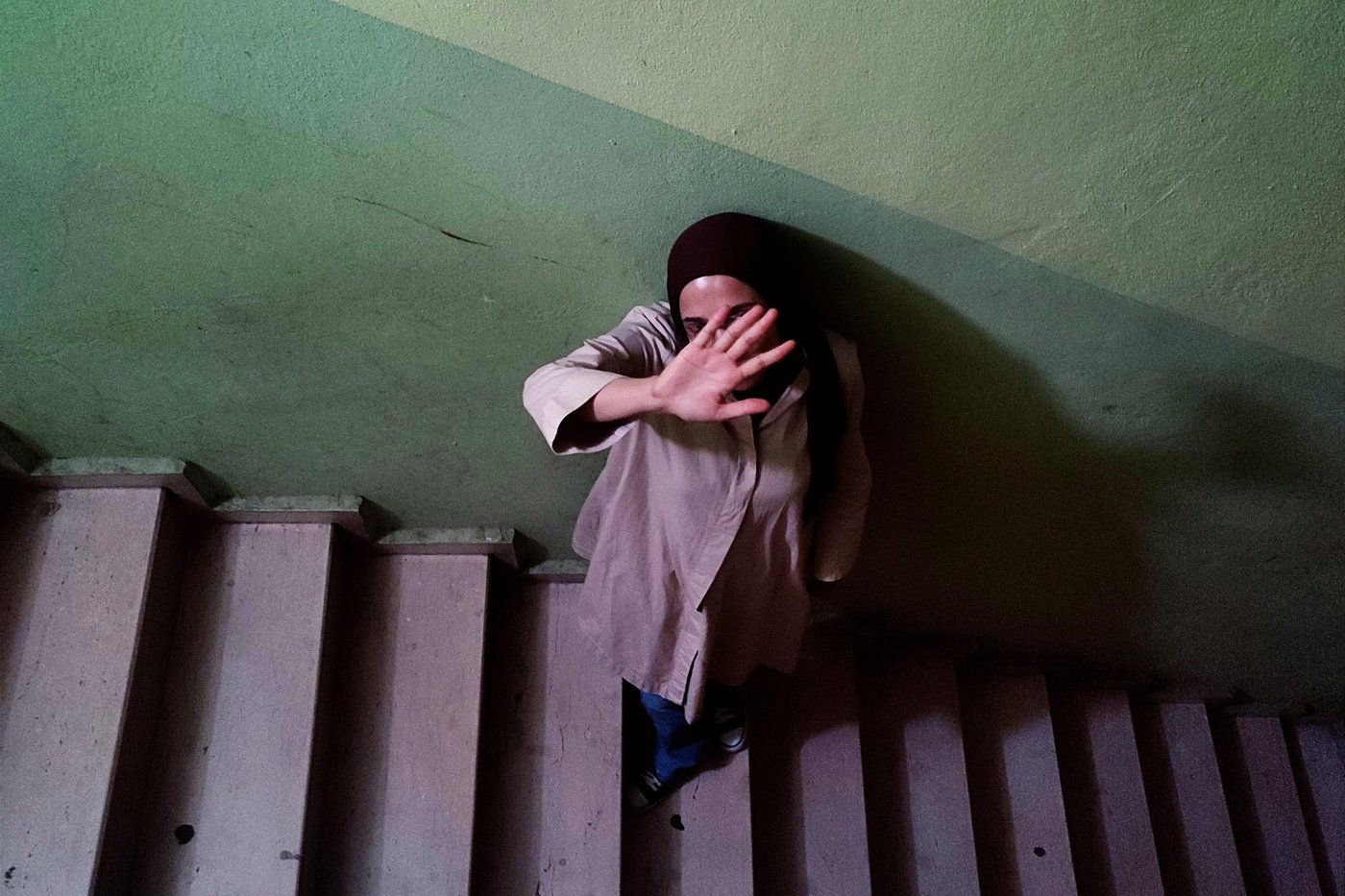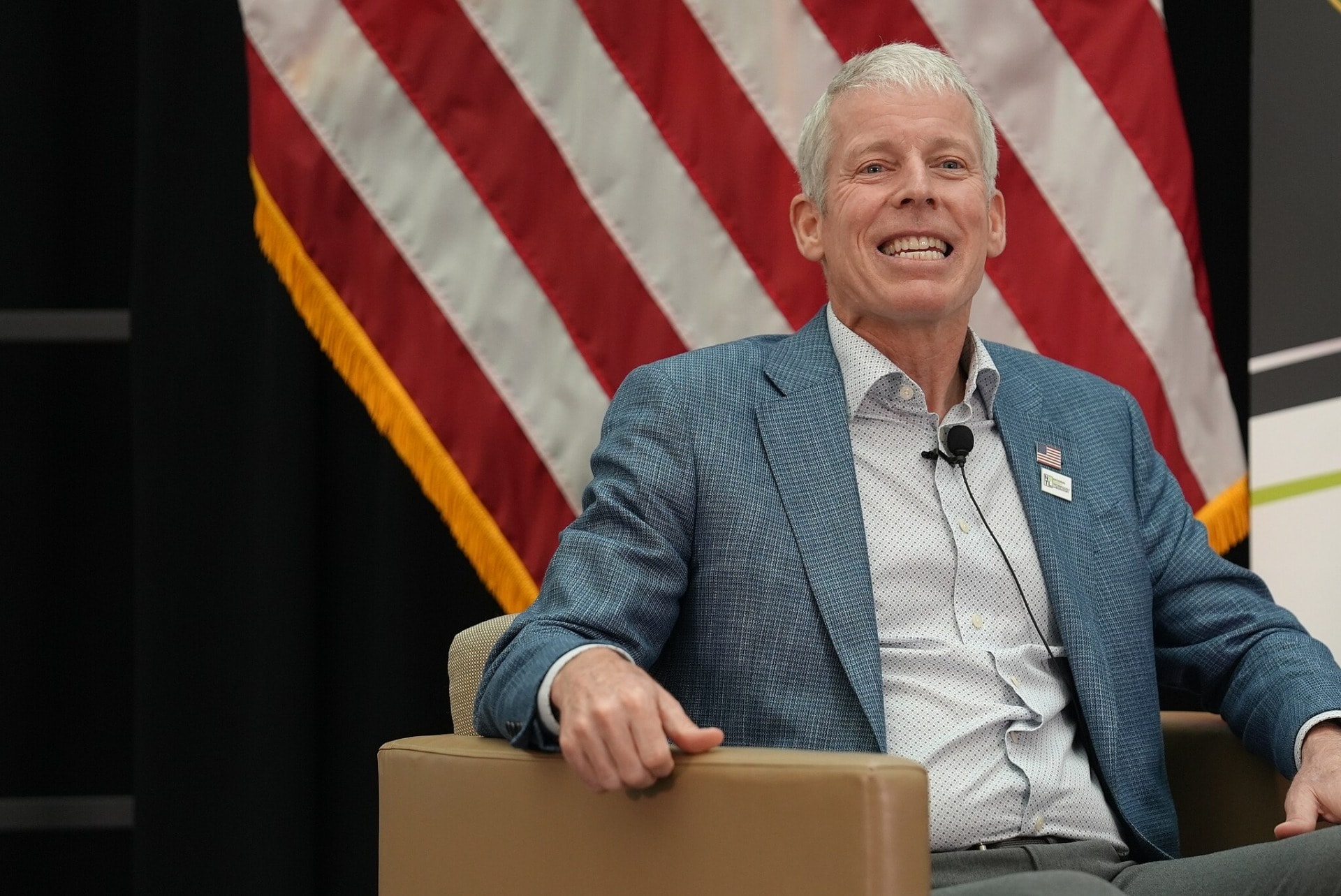Globalisation is over. Finished. So political leaders and opinion writers appear to be suggesting. The global political and economic order, built on growing interconnection through advancements in transport and technology over the last fifty years now seems to be crumbling, at speed.
Despite the current chaos of stock markets and political tit-for-tat tariff pronouncements, you don’t have to think hard to see that this isn’t — and cannot — be true.
In fact, we live in a world more interconnected than ever before. The power of the internet has dissolved borders. As the founder of a movement of survivors of child sexual violence, The Brave Movement, we know that this scourge transcends boundaries, and the only way to end it is through global action.
The Duchess of Edinburgh made exactly this point when she spoke alongside some of our Brave movement co-founders, in her role as patron of the NSPCC, at the European Parliament last month, saying:
“Child sexual exploitation and abuse is a crime that knows no borders. Nowhere is this more apparent than in the online world, where new types of offending are emerging and where the child, who is the victim, can be based in one country, an offender in another, and the online platform hosted by a company based in a third jurisdiction.”
A lack of coordinated action is allowing an explosion in child sexual abuse materials circulating online, with more than 105 million images detected online in 2023. And we know that online abuse reaches beyond the screen, throughout the world — with horrific consequences.
The only way to combat such an international threat to children is for every country to commit to a safe digital future, with complementary legislation and regulation. It’s why Brave campaigns urgently with partners globally for a safer internet. And this is why we are calling on all governments, and all global political forums — from the G7 and G20 to the Five Countries — to elevate the issue of online safety on their political agendas.
But it’s not just in online safety where we need more coordination across borders. Criminal and civil statutes of limitations for child sexual abuses still exist in many countries, and states. This means perpetrators know there are places to hide, where arbitrary time limits can allow them to escape justice. We know that the journey of healing for a survivor often requires decades, with studies showing that the average age of disclosure is around 52 years of age. The only way to ensure abusers can be held to account everywhere is to do away entirely with such limitations, everywhere.
This need for global action was exemplified only last November, when ministers from countries around the world came together in Bogota, Colombia for the first ever global Ministerial conference to End Violence Against Children dedicated to ending all violence against children.
Related Articles: Types of Violence Against Women and Girls | 10 Ways You Can Help End Violence Against Women | The New Globalism: The Neoliberalist Roots of Today’s Global Crises | The Effects of Globalisation on Languages and Cultural Diversity
More than 100 countries made new pledges for actions designed to eliminate such violence. They did so in a spirit of global cooperation and collaboration, knowing that violence against children occurs in every single country, in every corner of the world. Just before the conference, with our partners UNICEF, we published brand new data on the extent of sexual violence against children. We found that every second of every day, three girls and two boys are experiencing such violence. This is testament to a terrible record of global inaction, which must end.
And we know this is possible. There are tried and tested solutions to this epidemic. What is needed is the global political will to deliver them, and a global effort to ensure that governments are held to account, and deliver on the public promises they made only last year.
Parents everywhere worry about how to keep their children safe. The global response to the recent drama “Adolescence” shows that – it has been top of the Netflix charts in at least 80 countries. Such fear is universal because the threat is too. An unfettered internet creeps into homes in Nairobi, New York and Newcastle just the same.
Ending all violence against children is a realistic goal. But it cannot be done without cooperation across borders nor without international will and agreement. To keep our children safe, we need globalisation. Only global action will end a global scourge.
Editor’s Note: The opinions expressed here by Impakter.com columnists are their own, not those of Impakter.com — Cover Photo Credit: Kateryna Hliznitsova.





